Iran opens secondary circuit of Arak heavy water reactor
The secondary circuit of Iran’s Arak heavy water reactor was to become operational on Monday, cutting further delays in the plant's reconfiguration by signatories of the 2015 nuclear deal.
Under the deal, Iran agreed to remove the core of the Arak reactor and fill it with concrete provided that the other parties of the accord redesign it for production of medical isotopes, which they did not.
On Monday, head of the Atomic Energy Organization of Iran Ali Akbar Salehi took journalists on a tour of the facility in the city of Khondab in central Iran to show how Iranian experts had got the job done.
It consists of two circuits, with the first one tasked with removing heat from the heart of the reactor, and the secondary circuit responsible for transferring the heat from the first circuit to cooling towers and finally to the outside environment.
The ceremony on Monday was also to feature installation of the shield to cover the reactor’s pit. It is an ultra-heavy electromechanical component, 7.2 meters in diameter and more than 100 tonnes in weight.
Both the shield and the entire components used in the reactor’s second circuit have been completely designed and manufactured inside the country by Iranian engineers, local news agencies said.
The facility is being "modernized with the aim of gaining experience and technical knowledge in the design and construction of nuclear reactors, training of specialized human resources, creation of research and development possibilities in the fields of neutron physics and thermohydraulics, and production of radioisotope for medical, industrial and agricultural use," ISNA news agency said.
Under the nuclear accord signed between Iran and six world powers, including the US, Tehran agreed to redesign the 40-megawatt Arak reactor to sharply cut its potential output of plutonium.
In October 2015, Iran, the US, and China agreed to cooperate on redesigning the Arak reactor, but the project has hit repeated delays in the wake of Washington's unilateral withdrawal from the nuclear deal.
Iran has responded to the US withdrawal and the other signatories' failures by scaling back its commitments to the Joint Comprehensive Plan of Action (JCPOA), as the nuclear accord is officially known.
Last month, the country began injecting gas into centrifuges at its Fordow enrichment facility to show that it would not bend to US “maximum pressure” despite sanctions. Foreign Minister Mohammad Javad Zarif said then Iran was responding to the US “blackmail” by “doing the opposite.”
Ali Asghar Zarean, a special assistant to the chief of Iran’s Atomic Energy Organization, said in October Iran has the capacity to produce up to 25 tonnes of heavy water per year. The Islamic Republic, he said, currently produces 20 tonnes of heavy water annually, which is exported to other countries.
Dismissing Trump’s interference, Iraq’s Shia bloc backs Maliki as prime minister nominee
ICE ordered to release 5-year-old boy and father after arbitrary arrest
Thousands rally across Europe to support Palestine, condemn Israeli atrocities
Hamas leader: Commitment to Gaza ceasefire hinges on Israel’s compliance
VIDEO | Thousands demand end to UK complicity in Gaza War
VIDEO | 350 Palestinian children held in Israeli prisons
Qatari foreign minister holds talks in Tehran with FM Araghchi, Iran’s top security official
Diplomacy Iran’s priority, but forced negotiations unacceptable: President


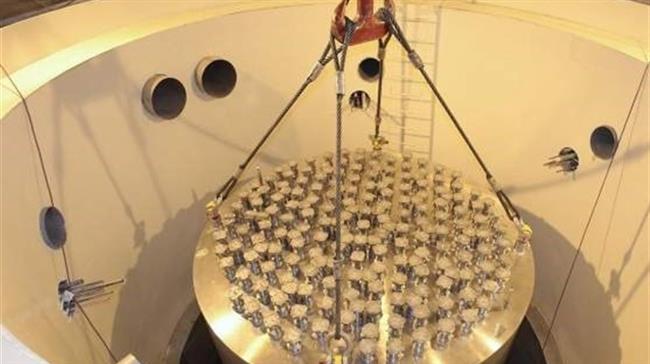

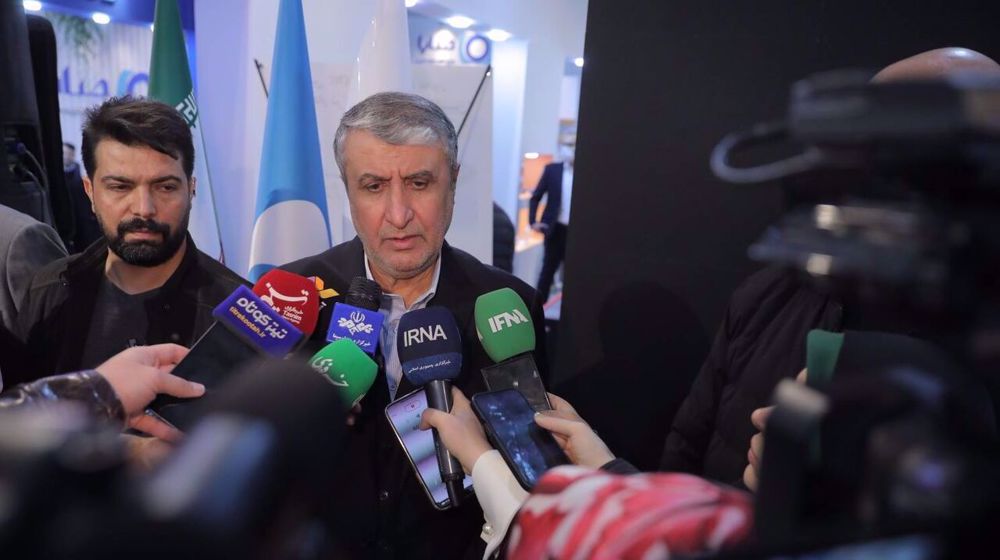
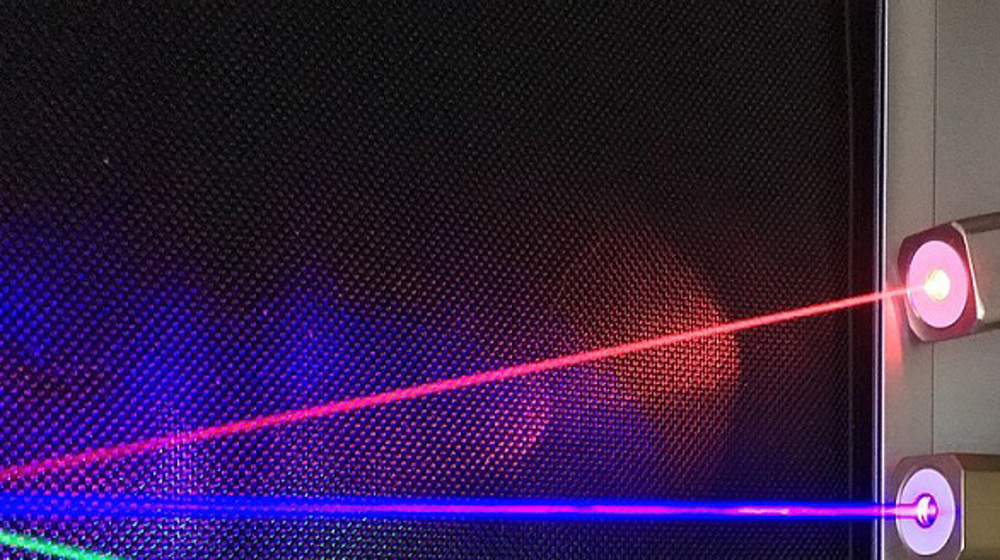




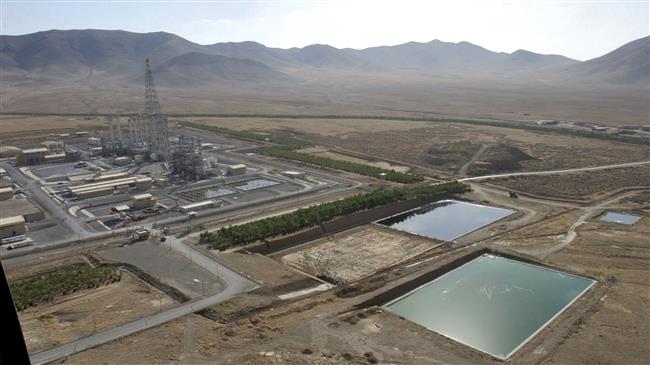
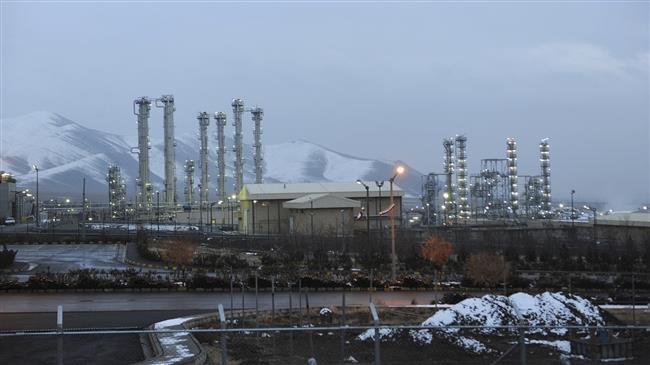
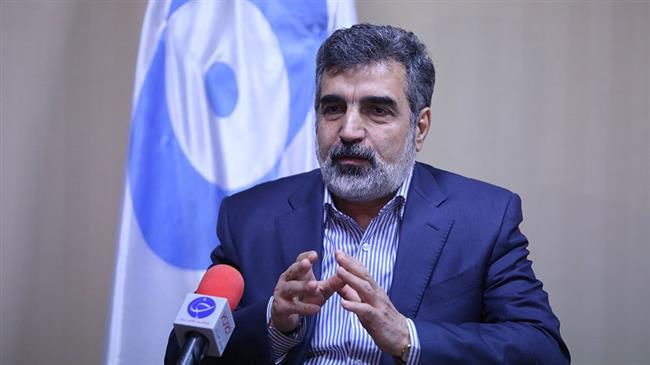

 This makes it easy to access the Press TV website
This makes it easy to access the Press TV website